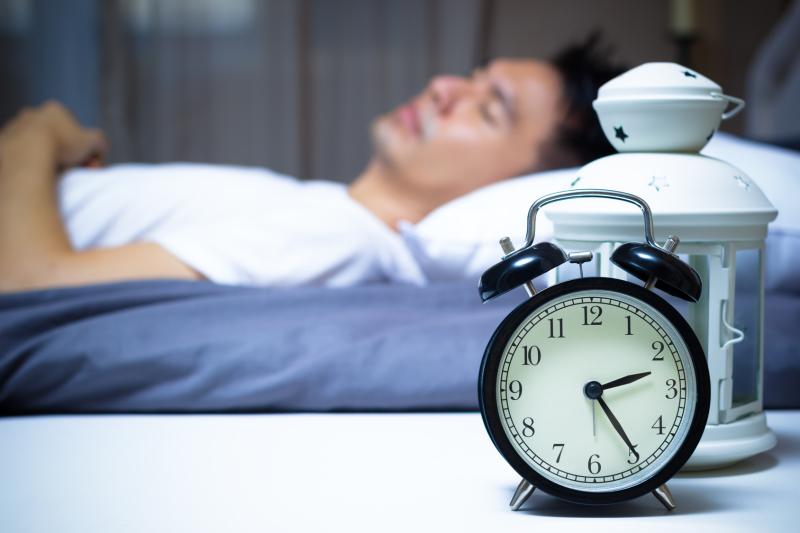Sleep Quality and Mental Health: What the Data Says
If you have at any point experienced nights tossing around, you realize how you’ll feel the next day — drained, impolite, and unwell eventually. Be that as it may, missing the recommended time from 7 to 9 hours of ideal sleep daily accomplishes more than you can think to make you feel productive and efficient during the day.

Source: www.pexels.com Description: photo/photo-of-woman-meditating
Long Term Influences of Sleep Deprivation Are Genuine
It reduces your psychological capacities and puts your overall health at genuine risk. Science has connected poor sleep patterns with various medical conditions, from weight gain to a debilitated immune system.
How does it work?
Your central nervous system is the principal information pathway of your body. Sleep is essential to keep it working appropriately; however, persistent a sleeping disorder can upset how your body generally sends and processes any information.
During sleep, pathways structure between nerve cells (neurons) in your cerebrum that assist you with recollecting new information you have learned. Lack of sleep leaves your cerebrum exhausted, so it cannot function accurately.
What Can Go Wrong?
Likewise, you may think that it is harder to focus or learn new things. The signs your body sends may likewise be postponed, weakening your coordination and expanding your risk for health-related misfortunes.
Lack of sleep likewise contrarily influences your psychological capacities and emotional state. You might feel more impatient or anxious about mood swings. It can likewise badly affect your decisions and thought processes.
If lack of sleep proceeds with a sufficiently more extended period, you could begin having hallucinations — seeing or hearing things that aren’t there. An absence of rest can likewise trigger mania in individuals who have a bipolar state of mental disorder.
You may likewise end up encountering microsleep during the day. During these divisions, you’ll nod off for a couple to a few seconds without knowing it.
Microsleep is out of control state and can be amazingly risky if you are driving. It can likewise make you more inclined to injury, supposing you work large equipment at work and have a microsleep episode.
A decent night’s rest is amazingly substantial for your wellbeing. Indeed, it’s similarly pretty much as significant as practicing good eating habits and working out. Tragically, there’s a ton that can interfere with regular sleep patterns.
It is exceptionally normal for an individual to feel cranky during a sleepless night of tossing around. However, assuming you continually wind up awakening on some unacceptable side of the bed, it very well might be an excellent opportunity to roll out an improvement since lack of sleep can prompt a few momentary mental encounters, for example, stress and emotional episodes. An absence of sleep causes you to feel tired, which gets trouble filling essential day-by-day roles, prompting low confidence, then, at that point, stress, which brings about an absence of sleep; it is a ceaseless cycle.
Conclusion
Transient sleep issues may not require clinical treatment from your PCP. Way of life changes or over-the-counter (OTC) options might be adequate.
Constant sleep aggravations will probably require a specialist’s treatment plan.
The type of sleep treatment you use will rely upon a few variables:
The key reason for your sleep aggravations
The type of aggravations you are encountering
How long you have been managing them
Therapy routines for persistent sleep issues frequently incorporate a mix of way of life changes and clinical medicines. Your primary care physician can assist with recognizing when more genuine medication, like a medical procedure, is required.

Comments are closed